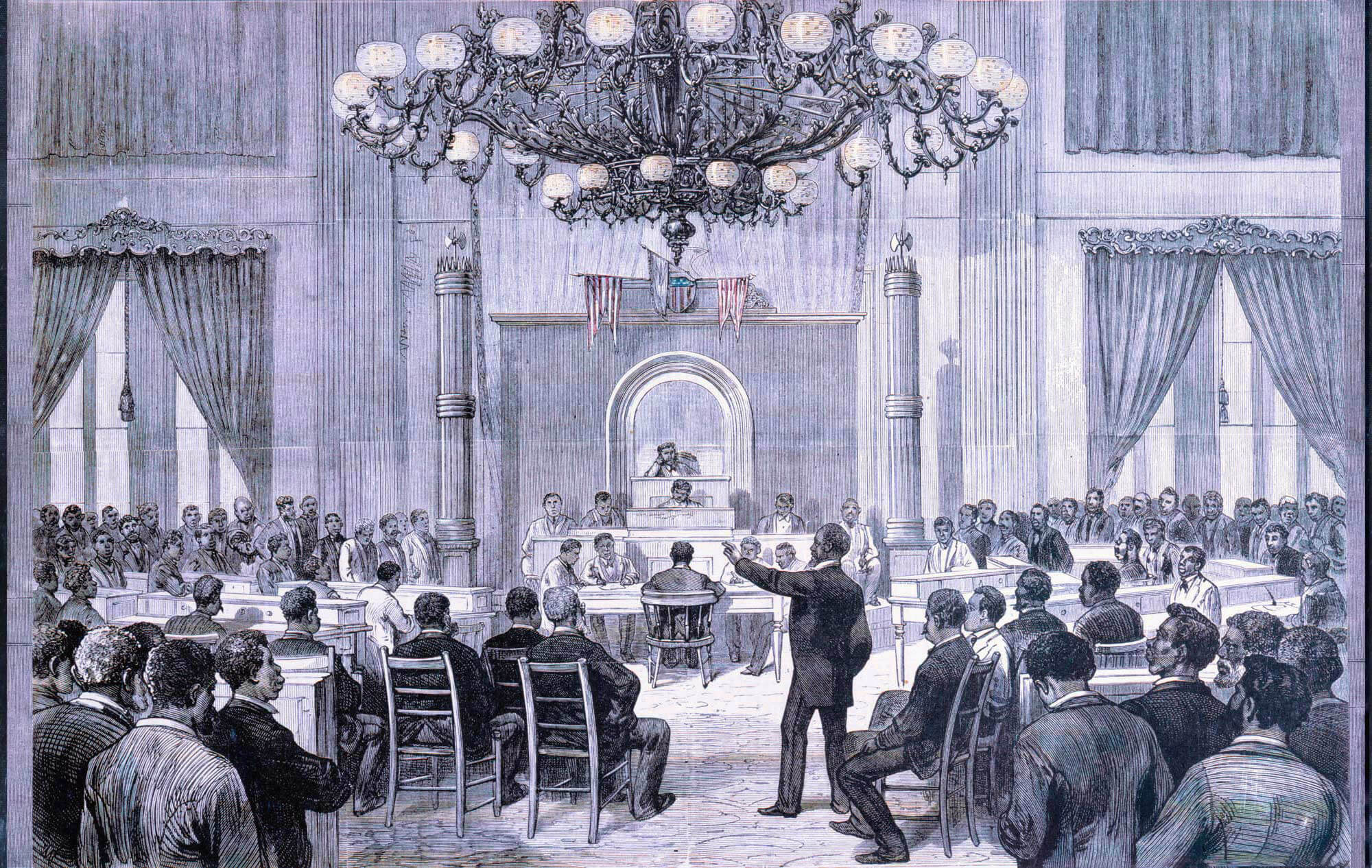Congratulations to Crystal Sanders, who has been selected for the Anthony E. Kaye Fellowship at the National Humanities Center (NHC) for the 2020-21 academic year. Dr. Sanders is one of 33 scholars chosen from 673 applicants for the center’s prestigious residential fellowship program. An Associate Professor of History and African American Studies and Director of the Africana Research Center (ARC), she first came to Penn State in 2011 as an ARC postdoctoral fellow and joined the faculty in the departments of History and African American Studies in 2012.
During her fellowship, Dr. Sanders will complete her second book, America’s Forgotten Migration: Black Southerners’ Quest for Graduate Education in the Age of Jim Crow. The Kaye Fellowship was named in honor of Tony Kaye, a member of Penn State’s department of History from 2002 to 2016. Following his own NHC fellowship in 2015-16, Dr. Kaye accepted the position of vice president of scholarly programs at the center. He passed away in 2017. Dr. Sanders is the fourth member of Penn State’s department of History to earn an NHC fellowship in recent years, including Kaye, Nan Woodruff, and, most recently, McCabe Greer Professor of History Christina Snyder. Dr. Sanders said, “I am honored and humbled to receive the Kaye Fellowship at the NHC. It is quite rare for a fellowship holder to have personally known the individual for which his or her fellowship is named, but Tony Kaye was a dear colleague and friend. When I was a junior scholar roaming the halls of the history building, he was never too busy to chat or answer a question. He modeled collegiality, intellectual curiosity, and sound scholarship, and I plan to honor his legacy by replicating his example.”
The National Humanities Center is the world’s only independent institute dedicated exclusively to advanced study in the humanities. Its residential scholarship program provides scholars with helpful resources and puts them in conversation with each other to advance knowledge in a variety of humanities disciplines. Through this and other programs, the center pursues a mission of creating new knowledge, enhancing secondary and post-secondary teaching, and engaging the public to promote the essential role of the humanities in a democratic society.

